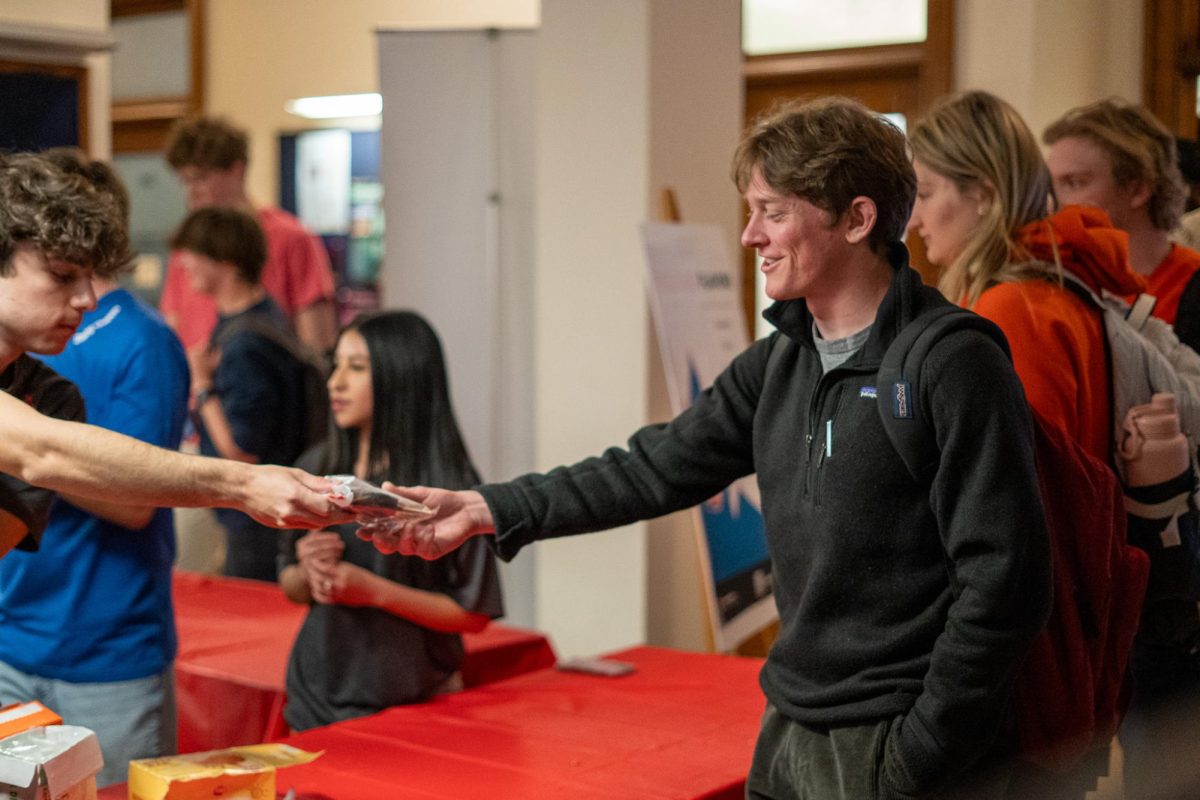While programs that prepay for college are being affected in other states, Illinois is set — at least for now.
Illinois’ prepaid college tuition program, College Illinois, has been affected by the economy, but it is still accepting new applicants, said Tonya Polk, manager of sales and marketing for College Illinois.
Programs like College Illinois, called 529 prepaid tuition plans, are named after Section 529 of the Internal Revenue Code and are administered by state agencies and organizations, according to the Web site collegesavings.org.
“The 529 prepaid programs are a way for parents, grandparents, aunts and uncles to put money away for their child to go to college,” Polk said.
The plan is essentially buying semesters of college at today’s price, which can be used later when the students actually attend college, she said.
Get The Daily Illini in your inbox!
In these tuition programs, families enroll in the plan and put money into it. This money is then invested by professional money managers with the expectation of gaining a certain amount of returns in the market, said Jackie Williams, executive director of Ohio Tuition Trust Authority, the agency behind the program in Ohio.
Because College Illinois invests long-term in a wide variety of areas, it expects to have enough money to fund the program in the future.
“We definitely have the funds to be here for the long term,” Polk said. “As long as we continue to get new contracts, the money will be there.”
The state does not guarantee funding to College Illinois, but it does have an understood obligation to the program if participants may not receive the money they need to attend college, she said.
“The state has a moral obligation to step in and make the program whole,” Polk said. “From my knowledge, the state has not backed out on a moral obligation.”
In comparison to other Illinois schools, the University receives the most College Illinois participants, said John Hockersmith, assistant director of receivables in University Student Financial Services and Cashier Operations.
Currently, 1,345 participants are attending the University for the 2008-09 school year in comparison to 1,122 students during the 2007-08 school year. This is an increase in students from the two previous school years, which included 957 in 2006-07 and 691 in 2005-06.
“We definitely have seen an increase in the program because we have not had to cut back,” Polk said.
Since 2003, College Advantage, Ohio’s prepaid program, has not accepted new applicants due to the market’s decline and the rising cost of tuition. However, Ohio Tuition Trust Authority continues to manage the accounts already established at the time of the suspension, Williams said.
She added that most plans have not earned what they expected to in returns. Unlike most plans, Ohio has the full constitutional backing of the state, which puts the program at an advantage.
“If we ever didn’t have the money to cover obligations, the state appropriates money to cover them,” Williams said.
When the agency suspended College Advantage, she said it “didn’t want to create a greater deficit for the state.” Every year, Ohio Tuition Trust Authority is required by the state to have an actuarial firm reevaluate the prepaid tuition program to see if it can be reinstated.
“The decision is based on what’s going on with tuition costs and our investment returns,” Williams said. “We’ve decided to keep (the program) closed at least for now.”









